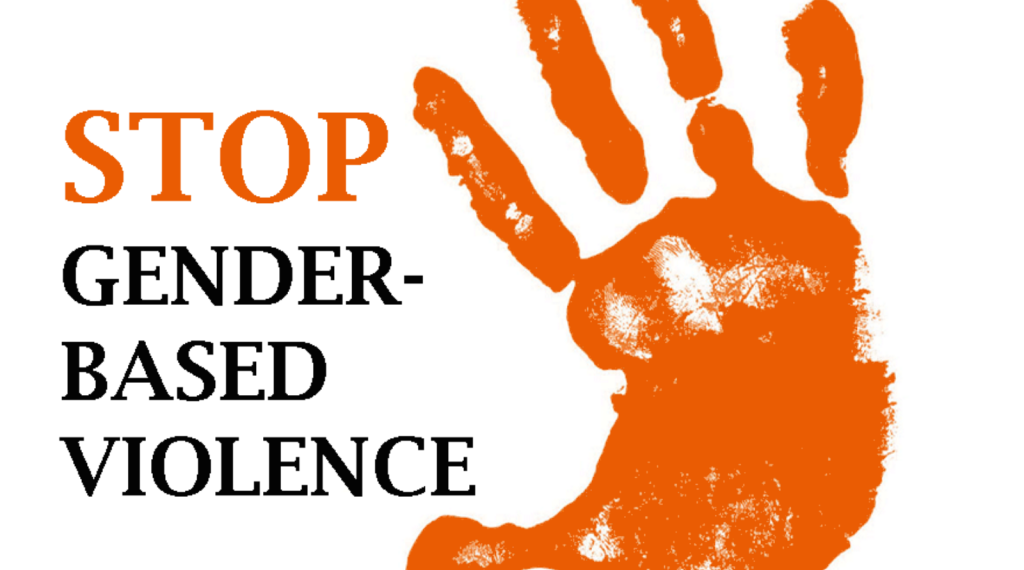The Borno government said it recorded 39,000 cases of Gender-Based Violence (GBV) in the last 13 years across 22 local government areas in the three senatorial districts of the state.
Hajiya Zuwaira Gambo, the state’s Commissioner for Women Affairs, said this on Tuesday in Maiduguri, when a team from the Norwegian government and the United Nations Fund for Population Activities (UNFPA) paid her a courtesy visit.
Gambo said the statistic was based on a research conducted on insurgency in the state, noting that the number may even be higher due to lack of access to GBV reference centres in many LGAs.
She explained that the cases ranged from forced and early marriages to physical, mental or sexual assault.
She said the ministry was collaborating with UNFPA and other partners to provide survivors with medical, reproductive health services and counseling to rehabilitate the women and girls to enable them overcome their ordeal.
She also said the women were being empowered with various skills acquisition training to enable them become self-reliant.
”We thanked the people and government of Norway in particular and by extension their partner UNFPA who have remained very good partners to us in the campaign against GBV.
”We have another alliance with the Norwegian government and I was in Dakar a couple of months ago where we met their representatives.
”They invited us to OSLO. It has to do with the deradicalisation process within the Sahel and West Africa,” she said
According to her, the Borno model of deradicalisation of insurgents has become a global standard, which is attracting other countries to see how the state government is managing it.
”We have received more than 160,000 former insurgents and their families, and this is the first time in the whole world where surrendering is ongoing while the war is still taking place.
“Even when Colombia had issues with rebels, surrendering did not go on at the same time with the war.
“So, ours is a very peculiar situation and because of the leader we have in our governor, we have been able to manage the situation,” she said.
She lauded the Norwagian team for coming down to Borno to appraise things for themselves, speak with the affected persons as well as the government.
“I am happy you were at Budum centre. That is one of the many safe spaces that we have where victims of GBV are giving various support.
”We, therefore, need to duplicate these kinds of structures at the local government level, because we have 39,000 recorded victims of GBV in the state.
”We have so many people at the local government who do not have access to such facilities, especially now that we have massive return of people back to their ancestral homes.
”So, we need to have a structure that will empower them with skills to enable them become self-reliant. And it’s not just about training them, but about making the business sustainable.
”In one stop centre, we have about 20 of the Chibok girls that were rescued by the military where we rehabilitate them and send them back to school.
”There are so many of them in Chibok who went on their own to reunite with their families without following through our channels,” she added.
The commissioner said the ministry had been able to train only 500 out of the 39,000 women and girls of GBV, and called for support.
Speaking on behalf of the Norwegian delegation, Sophie Cleve, said the team was in Borno to interact with stakeholders, partners and government of the state on their humanitarian efforts.
”For us these issues are of great importance and great priority, and we are so grateful to be able to work with UNFPA as implementing partners with yourselves.
READ ALSO:
- Osimhen Returns For Galatasaray Vs Trabzonspor
- CAF Awards 2024: Nnadozie Lands In Marrakech, Eyes Two Awards
- Wumi Toriola Praises Femi Adebayo Over His Latest Netflix Movie ‘Seven Doors’
- Ex-Olympics Gold Medallist, Chioma Ajunwa in Morocco for CAF Awards ceremony
- Ex-DMW Signee Mayorkun Reveals His Life-changing Encounter With Davido
”We just came from the Budum Safe space facility where we have seen how survivors are being empowered. This of course is important? For us we are grateful to be here and to meet with you as well.
”We are very interested in your priorities and about the work and how you see these issues from your perspective.
”And if there’s anything we can continue to do and where we should pay more attention, and if there are challenges and other issues, please share with us.
“We are also interested to hear about the coordination with the Borno government and also the partners that are here that you have been working with,” she said. (NAN)


